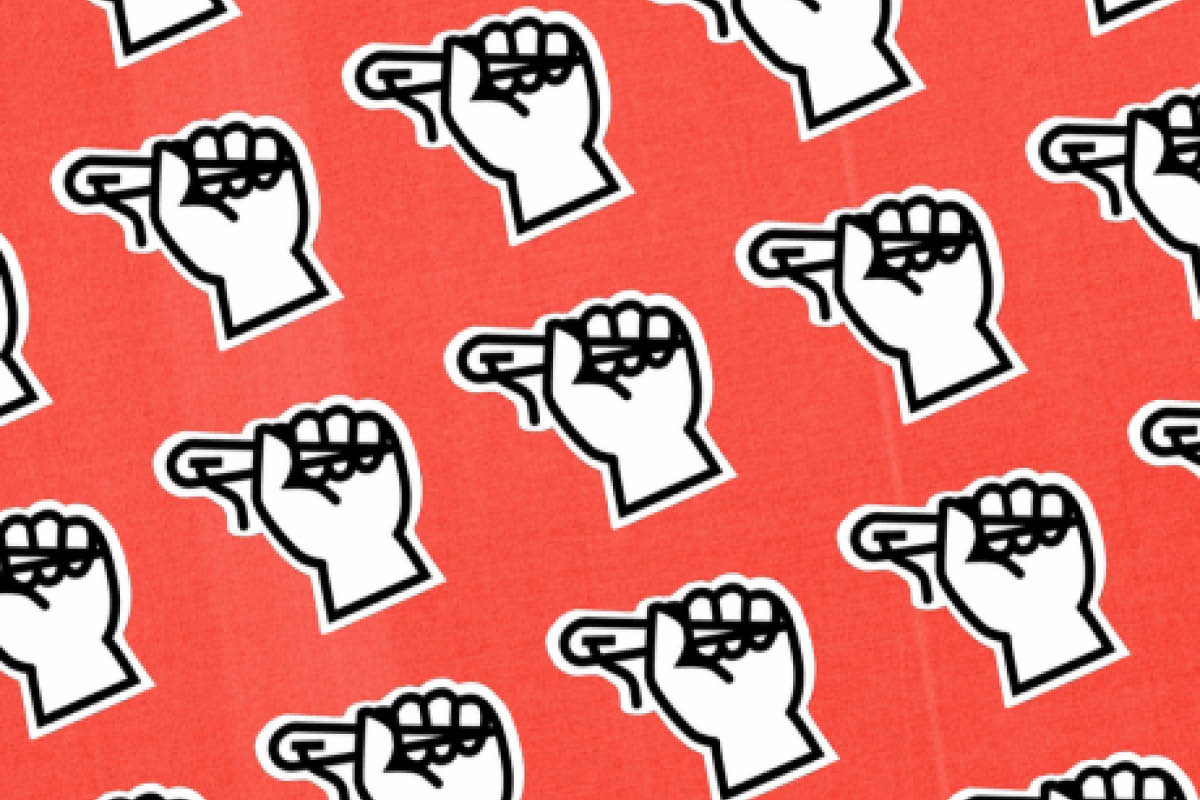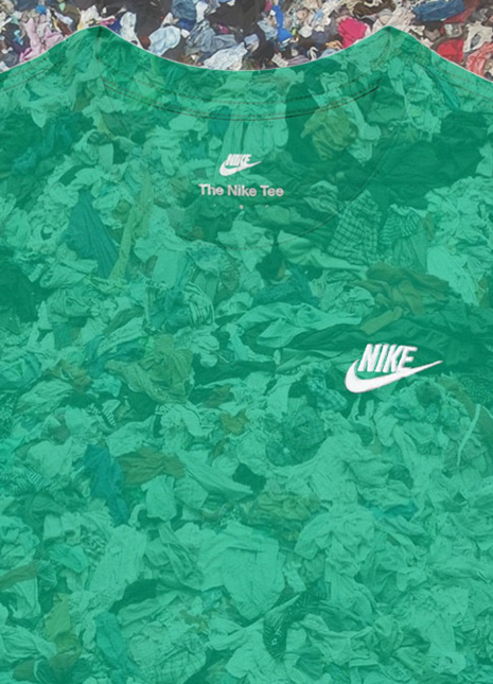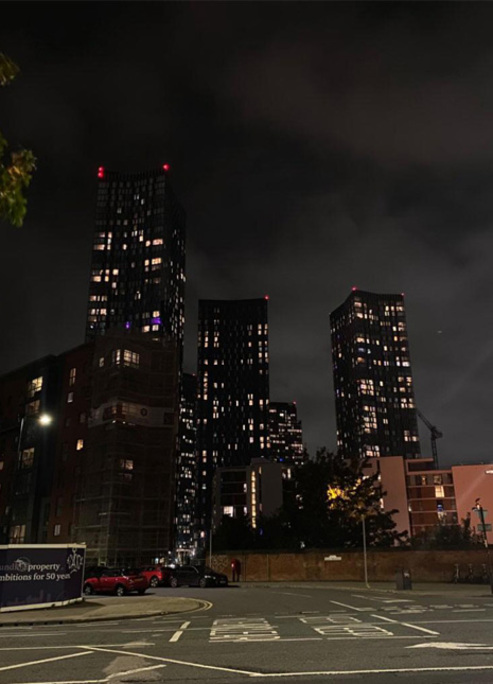
Boohoo Faces Backlash After Exploiting Its Garment Workers In Leicester During Pandemic
Workers were paid below Minimum Wage, faced appalling working conditions, with no social distancing measures.
Fashion’s open secret has recently been brought to light by one of Guardian’s senior reporters, Archie Bland, who uncovered a story about the mistreatment of Leicester’s garment workers, who are the main suppliers for Boohoo.
Aiming to produce a story about the spike in Covid-19 cases in Leicester, the reporter discovered the poor working conditions of the factory workers, who were forced to work long hours with no social distancing measures, and below the minimum wage, all during the outbreak of the Covid-19 global pandemic.
As is too often the case in times of crisis, many of the hardships of this pandemic have fallen on the most vulnerable members of the supply chain: the workers. Leicester’s garment industry is heavily devoted to fast-fashion, which has a reputation for exploiting garment workers and not providing them with adequate working conditions, pay, or even health insurance.
Since the reveal of the supplier’s factory practices, Boohoo defended itself by “immediately cease working with suppliers” and outlined they will take steps to “fully investigate the allegations raised”.
However, working conditions such as these are no surprise to the fast-fashion industry. In Bangladesh, workers who have been forced to work extraneous hours have been refused pay during the virus outbreak when factories have had their orders canceled and have been forced to shut down. This left thousands of workers without pay and the ability to support their families – in some cases, indefinitely.
Research from Traidcraft Exchange also notes that the economic circumstances of most manufacturing countries render them unable to support large populations of unemployed workers, and lack the healthcare system to care for the infected. They argue that the consequences of Covid-19 unveil a fashion system already reliant on widespread exploitation and an imbalance of power between big brands and developing economies.
For ways, you can help, visit Fashion Revolution’s website.
Photos: Courtesy of Fashion Revolution
Up Next, The ‘Black in Fashion’ Launches To Tackle Industry Racism











